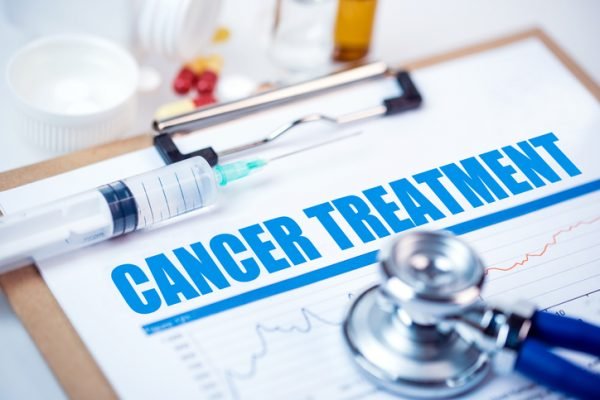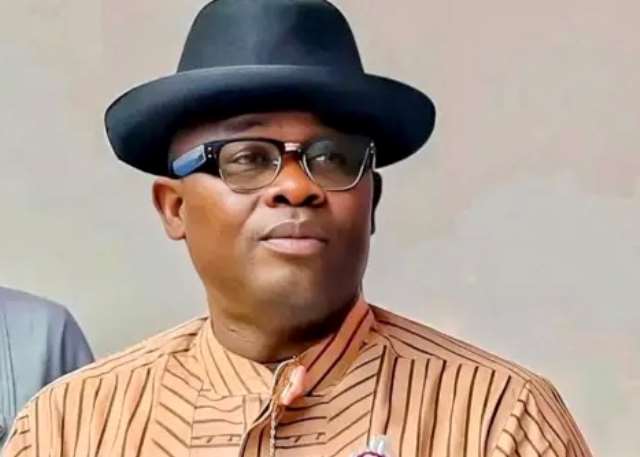By Ajuma Edwina Ameh
As Nigeria joins the rest of the world to commemorate the 2022 World Cancer Day, the World Health Organisation (WHO) has disclosed that Africa records about 1.1 million new cases of cancer annually.
According to the body, this results in up to 700,000 deaths every year with breast cancer, cervical, prostate, liver and colorectal cancers, accounting for almost half the cases.
Disclosing this in a statement on Friday, WHO Regional Director for Africa, Dr. Matshidiso Moeti, said of the about 400, 000 children diagnosed annually with cancer worldwide, about 90 percent of them live in low- and middle-income countries with survival rates as low as 20 percent or less in African countries, compared to more than 80 per cent in developed countries.
Persecondnews reports that the World Cancer Day is marked on February 4 annually, and the theme for this year is: “Close the care gap”.
Moeti called on the member-states in the African region to make the necessary investment required to ensure that all our citizens, no matter their incomes or geographic location, have access to quality cancer care.
“A renewed effort to curb new cancer cases is urgent; alarming projections are that cancer death rates in Africa will rise exponentially over the next 20 years, outstripping the global average by 30%.
“Common challenges across the Region include lack of awareness and education, limited access to primary prevention and early detection services, coupled with delays in diagnosis and treatment. There is also limited access to palliative care and pain relief.
“To ’close the care gap’, WHO Africa is driving a number of key initiatives. These have seen 45% of our countries introduce national HPV vaccination programmes to address the cervical cancer threat.
“National screening programmes are now operational in 72% of countries, 11 of which offer high-performance screening.
“As individuals, governments, partners and civil society, we all have a role to play. It will take a combined effort and multi-sectoral approach to achieving uninterrupted access to affordable, safe and effective cancer therapies for all,” the statement said.
The statement further highlighted the challenge of shortages of specialists in medical and radiation oncology, pathology, medical physics and other essential areas which compound the gaps, stressing that Africa has only 3% of the world’s cancer treatment facilities.
























Leave a comment